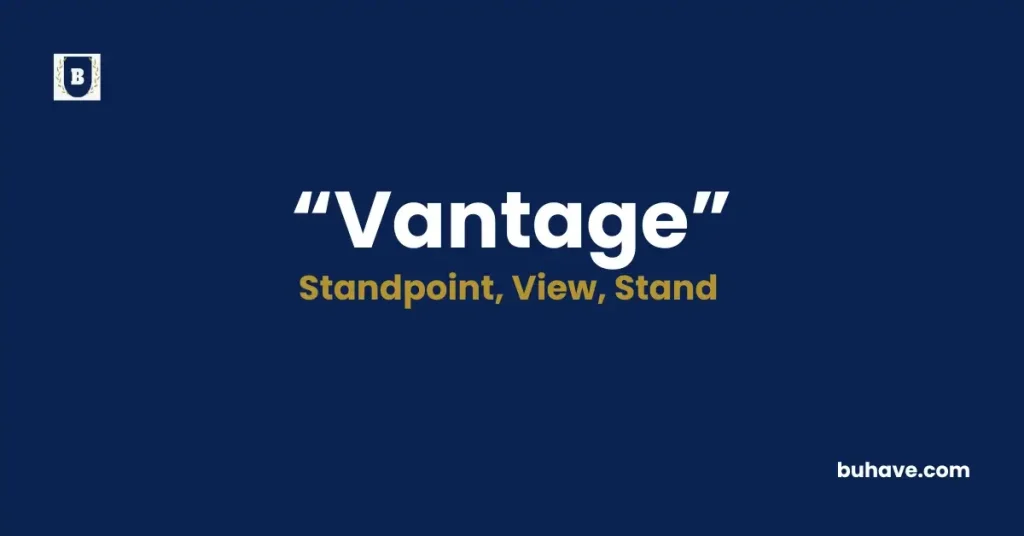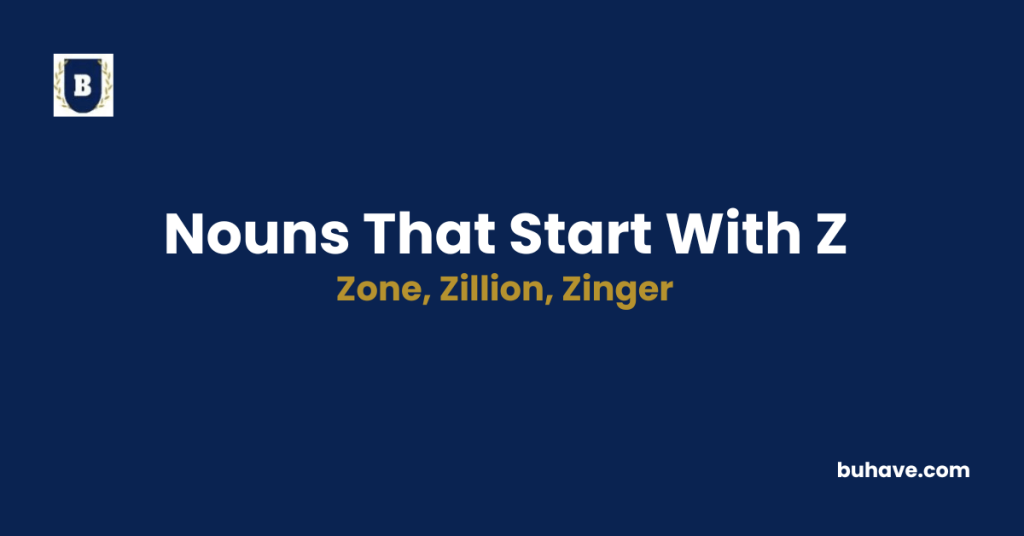The word ‘Vantage’ (Noun) refers to a position that gives a strategic advantage, a clear view, or a superior perspective. In this guide, you’ll learn the full definition, synonyms, antonyms, etymology, and real-life examples of how to use ‘Vantage’ correctly in sentences.
Vantage Explained in Depth
A complete and detailed guide to the word Vantage, including meaning, definition, examples, etymology, synonyms, and antonyms.
Meanings of Vantage
Vantage refers to a position or place that provides a strategic advantage, superior view, or better perspective compared to others. It often conveys the idea of having the upper hand or a more favorable position in a situation.
Definition
Vantage is a position giving a strategic advantage, commanding perspective, or clear view. It can refer to a literal physical viewpoint or a figurative position of advantage in a situation or argument.
Etymology
- Derived from the Middle English word vantage, a shortened form of advantage.
- Traces back to the Old French word avantage, meaning “advantage” or “superiority.”
- Rooted in the Latin word abante (“before”) which evolved into “avant” (before) in French.
Example Sentences
- From the mountain’s vantage, they could see the entire valley below.
- She used her vantage as a senior member of the team to guide new recruits.
- The bird’s vantage point allowed it to spot prey easily.
Vantage Synonyms
- Advantage
- Upper hand
- Superiority
- Viewpoint
- Perspective
- Edge
- Dominance
- Position
- Commanding position
- Observation point
Vantage Antonyms
- Disadvantage
- Obstacle
- Drawback
- Hindrance
- Setback
- Inferiority
- Blind spot
- Weakness
- Liability
FAQs about Vantage
1. Can vantage refer to a physical location?
Yes, vantage often refers to a high or strategic physical location that offers a clear view or advantage, such as a hilltop or observation tower.
2. Is vantage always positive?
While vantage generally conveys a positive sense of having an advantage or a good view, it can sometimes highlight an imbalance or unfair position if one side has a clear upper hand.
3. How is vantage used figuratively?
Figuratively, vantage can refer to having a superior position in an argument, debate, or competition.
4. What is the difference between vantage and advantage?
Vantage usually implies a position that offers an advantage, especially a strategic or physical one, while advantage can be any factor that gives a benefit or edge in a situation.
5. How is vantage pronounced?
Vantage is pronounced as /ˈvæn.tɪdʒ/ (VAN-tij).

















